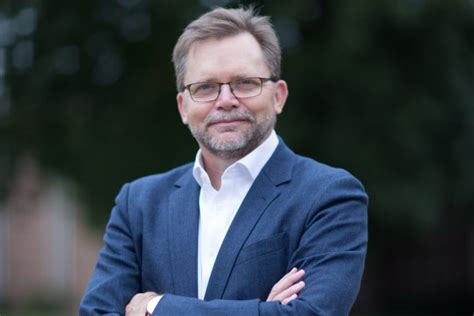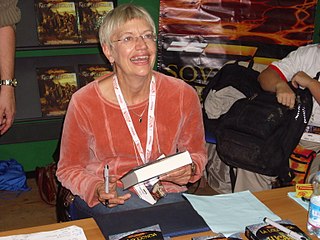A Quote by Kent Greenfield
All in all, we might think we like choice, but the question of which choices count and which do not is very, very tricky.
Related Quotes
You go into the voting booths and you can rank your choices. So your first choice is an underdog that might not win, you know, that your choice number two, which might be your lesser evil, your safety choice, your vote is automatically reassigned from your first choice to your second choice if your first choice losses and there's not a majority winner. So it essentially eliminates, splitting it, eliminates having to vote your fear instead of your values.
I wish I could describe anything I do as conscious or strategized. To be honest, in acting, you have so little control. The only control you have is if you're lucky enough to be in a position, which is not very often, in which you have choice. It's about what choices you make, and for me, it's entirely instinctive.
The international equity question arises from the costs of climate change itself and mitigation varying greatly across countries. It is affected by the historical responsibility for current greenhouse gas emissions, which countries which were not responsible for what's in the atmosphere now think are very important. Currently rich countries don't think those issues are very important.
A dialogue is very important. It is a form of communication in which question and answer continue till a question is left without an answer. Thus the question is suspended between the two persons involved in this answer and question. It is like a bud with untouched blossoms . . . If the question is left totally untouched by thought, it then has its own answer because the questioner and answerer, as persons, have disappeared. This is a form of dialogue in which investigation reaches a certain point of intensity and depth, which then has a quality that thought can never reach.
I'm still not sure I made the right choice when I told my wife about the bakery attack.But then,it might not have been a question of right or wrong. Which is to say that wrong choices can produce right results, and vice versa. I myself have adopted the position that,in fact, we never choose anything at all. Things happen. Or not.
I think what we're attracted to on the page is something that is very difficult to do in life, which is to examine in what seems like a moment. To examine what we can't do in life very well, which is to be as present and accountable to what an experience is. That's why life is short and art is very long.
There's one America that Barack Obama wants, and there's a very different America that I want. I want an America that is entrepreneurial, that has a strong private sector in which religious faith is respected and even nourished, in which there's vigorous debate across the spectrum, and in which our universities teach real history instead of propaganda. Certainly the decline of America is a choice, though the outcome is not foreordained. But liberty is also a choice, and I'm doing my best to persuade the people of America to make the latter choice.


































